from the opening concert of the 6th Season of Thailand's much-loved youth orchestra the Siam Sinfonietta.
It’s been called the most influential work in the history of music. I would like to give you some of the reasons. The Siam Sinfonietta, our youth orchestra, is opening its Sixth Season with this symphony. I hope everyone who reads this will come. It’s a free concert, so you have nothing to lose.
There are many bigger works than the Eroica. Beethoven himself also wrote the monumental Ninth, and if you’re talking monumental there’s always Mahler 8. In an earlier era, the Bach B minor mass is iconic, too. But the Eroica draws a line in the sand not just for music, but for all western art.
Before the Eroica Symphony, artists were servants whose worked served to glorify a patron. It could be a King, a rich banker like the Medici family, or even God himself, but the point is that what artists did was attached to something, was an adjunct, a decoration. The Eroica Symphony does not revolve around its patron — or even around Napoleon, who originally inspired it. It is the first music to be an end in itself, the first work of art to herald a new kind of hierarchy in which the artist, not the lord of the manor, is at the center of the universe.
The first performance of the Eroica was in a nobleman’s house. Its audience was baffled and bewildered. Some said that a piece this long, this difficult, and this complicated couldn’t possibly really be music. The first movement alone was as long as many symphonies of its time, and it is relentless, battering the senses with wave upon wave of vehement passion. The second movement is a gutwrenching funeral march in which you can hear the germ of every funeral march in every Mahler symphony … and of Siegfried’s funeral march … and of every funeral march that had not yet been composed in 1804. The word scherzo means a joke, but the third movement isn’t that funny — it’s a careening roller coaster ride interrupted by a hunting scene. And the Finale — in those days a Finale was supposed to bring a symphony to a close with something light and frothy, but instead we have a huge set of variations that runs an entire gamut of emotion.
Teaching the Eroica Symphony to a bunch of 12-24 year olds has been a rollercoaster as well, especially here in Thailand where the stylistic techniques of the classical period are not often taught. We are getting there — this is the first concert of the season with many new faces in the orchestra, some of whom probably didn’t quite know what they were getting into when they signed up for this very intense ensemble. I hope you will hear a Beethoven you don’t hear too often in this country. We will see — there is still some rehearsal time left.
I’d like to close by pointing out the special relevance of this work to this exact and place. You see, culturally, we are at a similar point to where Beethoven stood in Europe in 1804. The arts in Thailand are emerging from a perception that they are decorative, that they exist to enhance the barami of a patron, that art is something that flows downward from a court or a cultural ministry — to a whole new way of looking at art — to the idea that art is supposed to say important things, to teach us who we are. In a sense, we are looking for our own Eroica Symphony, for a work that will definitively revolutionize our perception of what art is.
And so we come to the figure of Napoleon, who plays such an important role in this work. It is said that Beethoven was inspired by Napoleon, the heroic liberator, to compose this work, and that when he learned that Napoleon had crowned himself emperor, he tore up the dedication page, shouting “So he too is mortal after all.”
Haven’t many of us in Thailand recently had a similar experience? No, I am not really saying that Thaksin is Napoleon. Just pointing out that we’ve all felt what Beethoven felt, with one idolized person or another — someone we thought might save the universe turning out to be “mortal after all.”
It may just be that the Eroica Symphony is a more accurate mirror of our world here than of twenty-first century Europe.
To find out, here’s a link to get a free ticket: https://goo.gl/XUDgsG
Please tell all your friends as well. And here is the Facebook Event:
https://www.facebook.com/events/863...
Suryadhep Music Sala, Rangsit — Siam Sinfonietta — Copland Fanfare for the Common Man, Prokofiev Love of Three Oranges Suite, and Beethoven Symphony No. 3 in E flat, “Eroica” 7:30 pm. Thursday, October 15, 2015.
